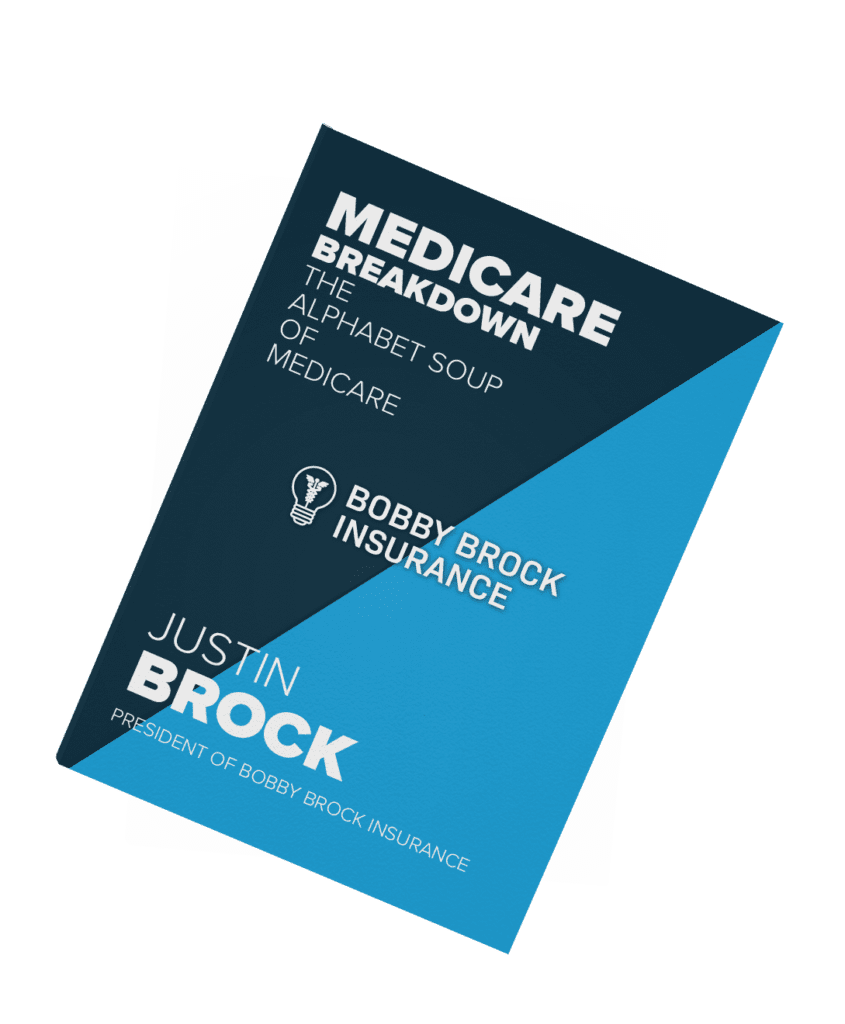Medicare is a federal government-funded health insurance program that offers coverage for seniors 65 or older and those living with certain disabilities or diseases. Medicare has four parts, each of which offers coverage for different types of healthcare expenses, and the funding for each part of Medicare comes from different sources.
Medicare is funded by numerous tax-funded trust funds, monthly premiums, interest gotten from trust fund investments, and additional funds approved by Congress. Let’s dive deeper into how Medicare is funded.
Trust Funds
Medicare gets funds from trust funds, which are two individual accounts held by the United States Treasury: the supplementary medical insurance trust fund and the hospital insurance trust fund.
- Hospital insurance trust fund: Taxes paid by employers, self-employed, and employees provide money for this trust fund. Hospital insurance trust funds also garner trust fund interest, income from Part A, and taxes from Social Security benefits. This fund pays for Medicare Part A coverage, including hospital, hospice, home health care, and skilled nursing facility.
- Supplementary medical insurance trust fund: This trust fund offers coverage to Medicare Part B and Medicare Part D. The trust funds are financed by the premiums paid for each Medicare part. In addition, the trust fund gets money through the trust fund interest and money approved by Congress.
How Is Medicare Part A Funded?
Part A’s funds mainly comprise revenue from Medicare payroll taxes, which will generally find their way to the hospital insurance trust fund. The fund is also received through some social security taxes, premiums paid by Medicare members who don’t qualify for premium-free Part A, and interest on the trust fund’s investments.
How Is Medicare Part B Funded?
Medicare Part B is paid through the supplementary medical insurance trust fund. The fund is financed through a combination of premiums paid for Medicare Part B coverage, general revenues, interest, and other sources.
How Is Medicare Part C Funded?
Medicare Part C is a private alternative to Original Medicare. This part is funded separately from the other parts of Medicare by the premiums that Medicare members pay for Medicare Part C.
Medicare Part C plans such as PPOs and HMOs cover all Original Medicare and Medicare Part D prescription drug benefits. Those that opt for Medicare Part C will also have to pay for the Medicare Part B premium.
Related Post: Do I Need Medicare Part C?
How Is Medicare Part D Funded?
Medicare Part D is funded through the supplementary medical insurance trust fund and the premiums you pay as a Part D beneficiary.
For more information about how Medicare is funded and how you can be eligible for each part, contact Bobby Brock Insurance and speak with one of our expert agents today!
Related Post: How Can I Compare Part D Plans?
Related Blog Posts
-
Medicare in Mississippi - Medicare is a federal government program that provides health insurance to people who are 65 and…
-
This is a question we get asked a lot - and understandably so! Since we do not charge our clients…













